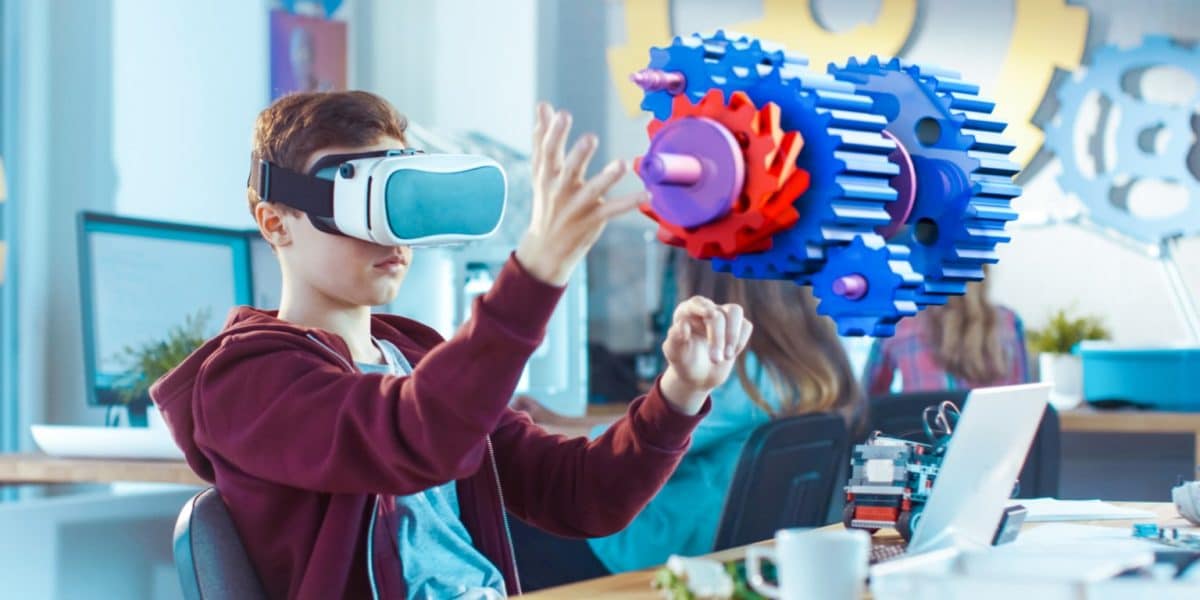
Meet the hybrid generation, Gen Z.
Gen Z is straddling the learning divide, they’re born into a world that’s ticking with new technology but finding themselves educated in traditional and old-fashioned classrooms. Preparing these learners for success requires a different outlook; most notably a willingness to embrace new technology. These technological advancements can be included in the classroom right now – they’re the perfect way to modernise education and improve the learning process.
Learning analytics is described as: “an educational application of web analytics aimed at learner profiling, a process of gathering and analysing details of individual student interactions in online learning activities.”
Learning analytics allow teachers and schools to personalise the way in which each student assimilates and retains information. Thanks to the automated system, it’s an effortless process. The effects of this technology have been far-reaching, students have displayed improved test scores and greater enthusiasm for the curriculum, as it is presented in a method that maximises their learning abilities.
Mobile learning is all about easy access to course materials, which are typically based in the cloud. Cloud-based content means it is stored online. This enables scholars to access it using their mobile devices like laptops, tablets, or mobile phones. Because it is accessed from anywhere, learners can move at their own pace and do the learning in their own time.
Mobile learning also caters to a wider range of learning styles. Some people are audio learners, others are visual learners. Mobile learning removes the lecture room setup of the classroom (where the teacher lectures and students are expected to take notes and learn) and instead, draws various multimedia approaches. Video, audio, and text can be combined or isolated, based on the preferences of the learner.
Zeroing in on the cloud-based curriculum, online learning means the materials are stored online. Students generally access the work with a username and password.
At this stage, online learning is experimental but it’s showing promising results. It’s asynchronised, meaning the students may progress at a different pace to each other. Along with this, virtual classrooms or assimilations are becoming a reality too. For example, instead of stocking an actual science lab, which contains dangerous chemicals, all the experiments can be performed safely, together, when the students all log into the same virtual classroom – digitally. It will give an accurate account, displaying everything the students would see in real life.
Some of the other fantastic technologies we will see include:
● 3D printing
● Virtual reality technology, like Google headsets
● Machine learning (computers that can react without a command)
Nvoke is invested in the well-being of future generations. Not only have we positioned ourselves at the forefront of the research to improve learning, but we are also working with schools to implement the latest practices. We understand that it is a step-by-step process, which is why facilitated help makes the world of difference. Learn more or get in touch: www.nvokepartners.com